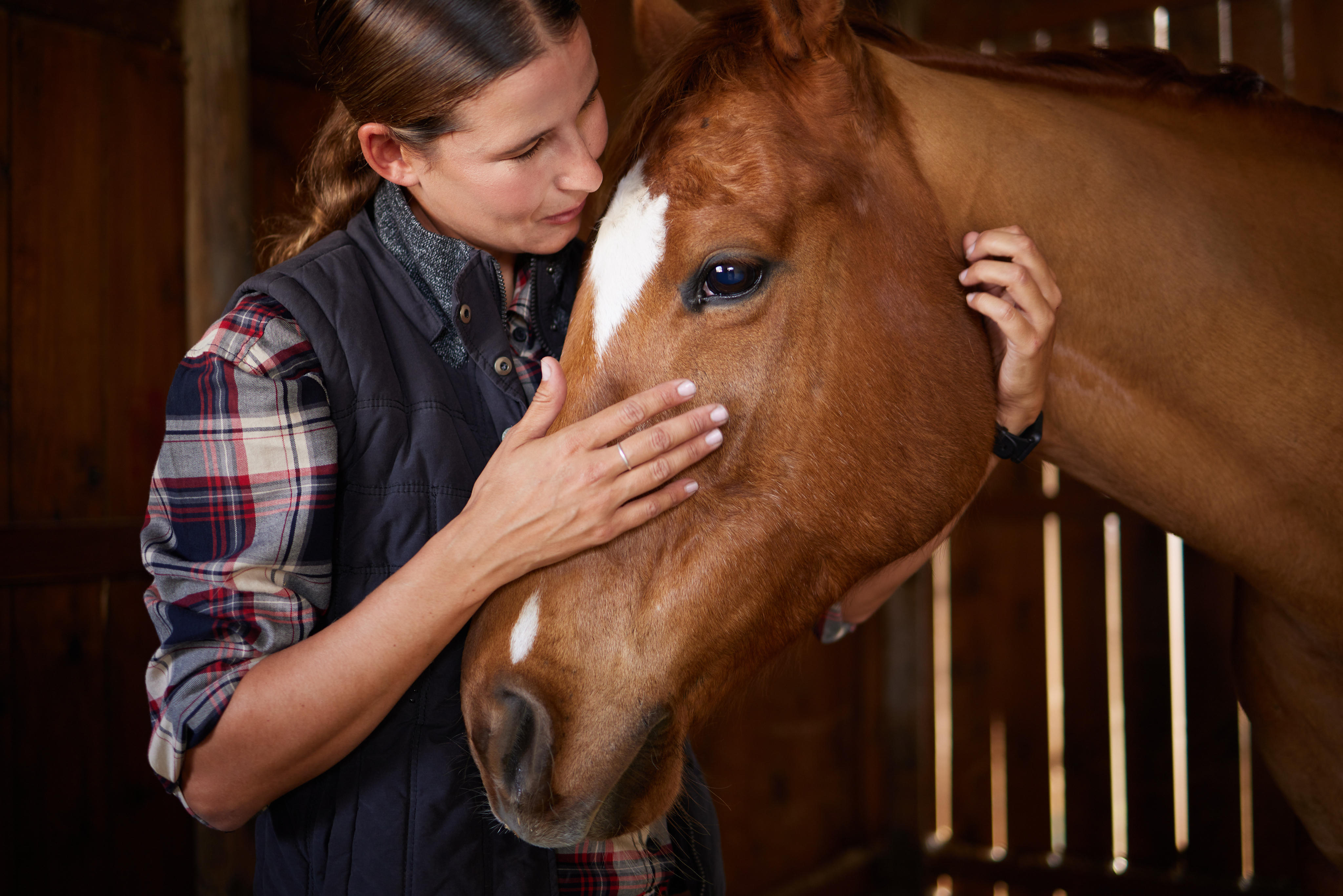Infectious Canine Hepatitis
Infectious canine hepatitis (ICH) is a worldwide, contagious disease of dogs with varying clinical signs.
Product Description
NOBIVAC® CANINE 1-DAPPv
This product has been shown to be effective for vaccination of healthy dogs 6 weeks of age or older against canine distemper virus, canine adenovirus type 1 (hepatitis), canine adenovirus type 2 (respiratory disease), canine parainfluenza virus and canine parvovirus.
Disease Overview
Infectious canine hepatitis has signs that range from a slight fever and congestion to severe depression, marked leukopenia, and coagulation disorders.
CANINE DISTEMPER FAST FACTS
- The incubation period is 4-9 days.
- Also seen in foxes, wolves, coyotes, bears, lynx, and some pinnipeds.
- Other carnivores may become infected without developing clinical illness.
- The disease is less common where routine immunization is done.
- Continued vaccination is needed to protect against periodic outbreaks from wild and feral hosts.
TRANSMISSION
- Initial infection occurs in the tonsillar crypts and Peyer’s patches, followed by viremia and disseminated infection. Blood vessels are the primary target, with hepatic and renal parenchyma, spleen, and lungs becoming infected as well.
- Chronic kidney lesions and corneal clouding (“blue eye”) can result from immune-complex reactions
- Canine Infectious Hepatitis is mainly passed through ingestion of urine, feces, or saliva of infected dogs.
- Recovered dogs shed virus in their urine for over 6 months.
CLINICAL SIGNS
- Fever
- Apathy
- Anorexia
- Thirst
- Conjunctivitis
- Enlarged tonsils
- Swollen head, neck or trunk areas
- Discharge from the eyes and nose
- Occasionally abdominal pain and vomiting
DOGS AT RISK
- Young dogs
MORBIDITY THREATS
- Signs vary from a slight fever to death.
- The mortality rate ranges from 10%–30%.
- Severely infected dogs may develop convulsions from forebrain damage.
- Paresis, ataxia and central blindness have also been described.
- In ~25% of recovered dogs, bilateral corneal opacity develops.
SPREADING DISEASE
- The virus is spread in the feces, urine, blood, saliva, and nasal discharge of infected dogs.
- Contracted through the mouth or nose, where it replicates in the tonsils.
- The incubation period is 4 to 7 days.
DIAGNOSIS
Abrupt onset of illness and bleeding suggest ICH, although clinical evidence is not always sufficient to differentiate ICH from distemper (see Canine Distemper).
Merck Animal Health Vaccines
Professional Resources and Educational Materials
Keep your clinic and staff informed and aware of diseases and outbreaks.
View More Nobivac ResourcesDigital Assets
Nobivac® Social Media Kits
Use these ready-to-share posts to educate pet parents and drive business to your clinic for preventative care.
Addressing CIV in Your Clinic
Tips and guidelines for your clinic to prevent and manage canine influenza.
SOP
AAHA Canine Vaccination Guidelines
In-depth information about canine vaccinations and veterinary best practices.
References




 Go To United States
Go To United States Algeria
Algeria Argentina
Argentina Australia
Australia Austria
Austria Bahrain
Bahrain Belgium (Dutch)
Belgium (Dutch) Brazil
Brazil Canada (English)
Canada (English) Chile
Chile Colombia
Colombia Croatia
Croatia Czech Republic
Czech Republic Denmark
Denmark Ecuador
Ecuador Egypt
Egypt Finland
Finland France
France Germany
Germany Greece
Greece Hungary
Hungary India
India Indonesia
Indonesia Iraq
Iraq Ireland
Ireland Israel
Israel Italy
Italy Japan
Japan Jordan
Jordan Kuwait
Kuwait Lebanon
Lebanon Malaysia
Malaysia Mexico
Mexico Morocco
Morocco Netherlands
Netherlands New Zealand
New Zealand Norway
Norway Oman
Oman Panama
Panama Peru
Peru Philippines
Philippines Poland
Poland Portugal
Portugal Qatar
Qatar Romania
Romania Russian Federation
Russian Federation Saudi Arabia
Saudi Arabia South Africa
South Africa South Korea
South Korea Spain
Spain Sweden
Sweden Switzerland (French)
Switzerland (French) Taiwan
Taiwan Thailand
Thailand Tunisia
Tunisia Turkey
Turkey Ukraine
Ukraine United Arab Emirates
United Arab Emirates United Kingdom
United Kingdom Uruguay
Uruguay Yemen
Yemen Global
Global